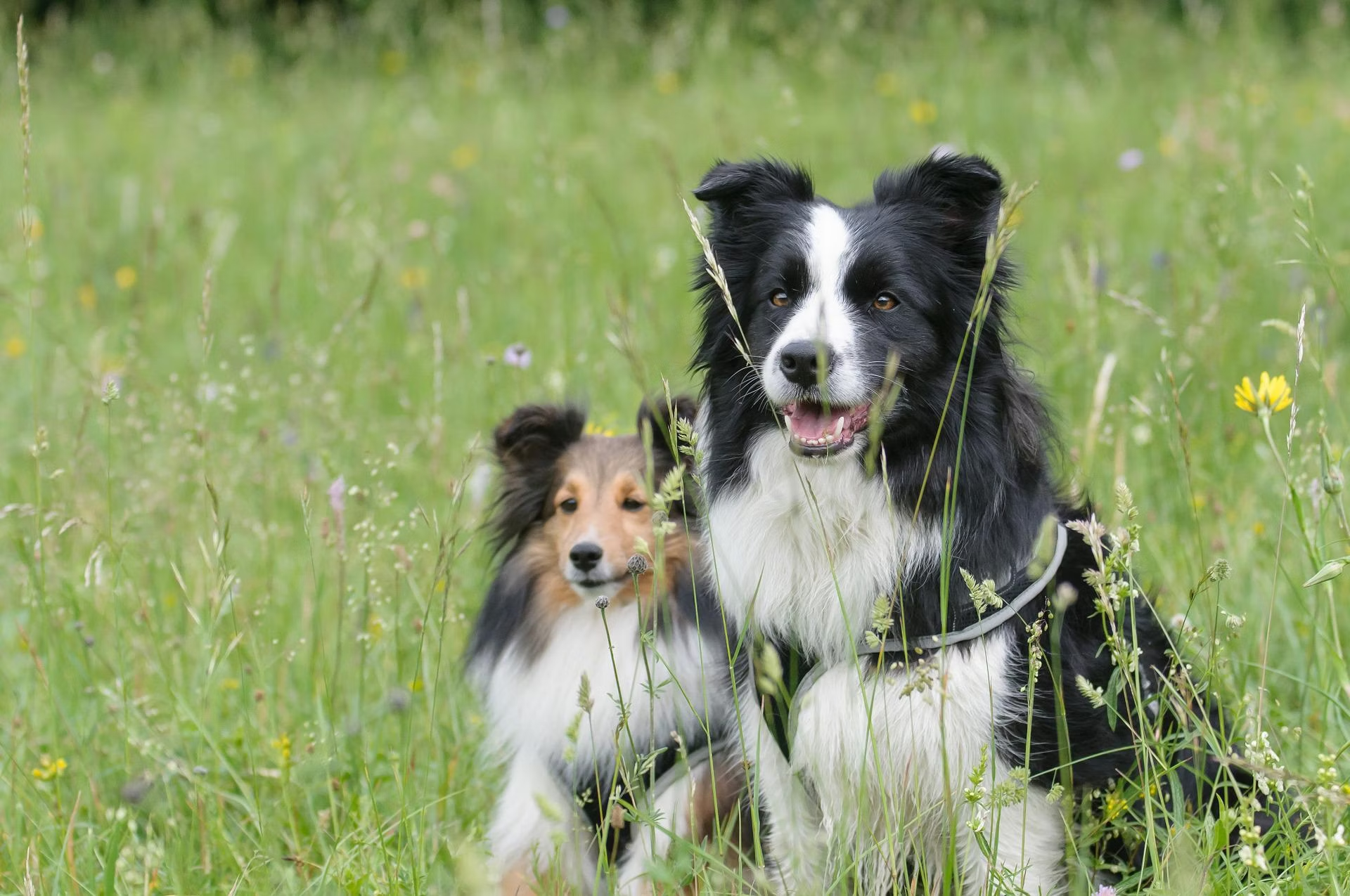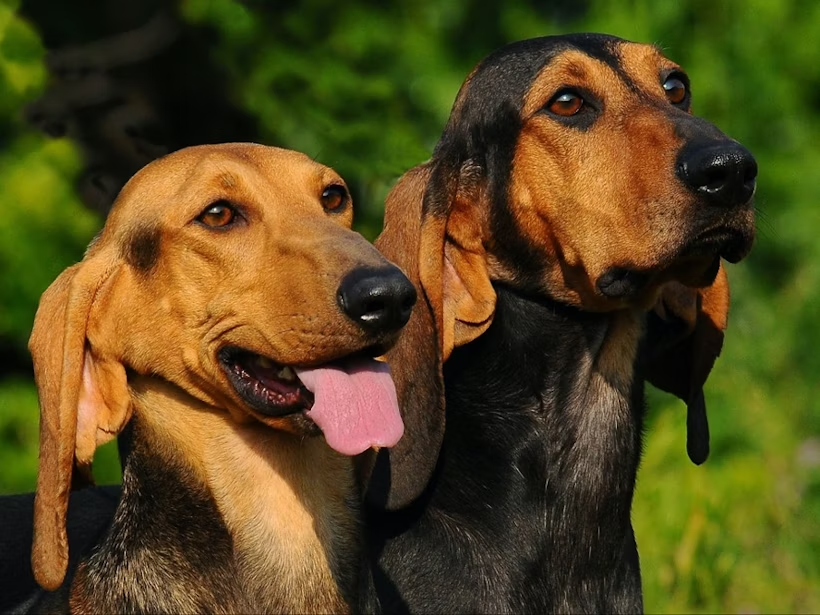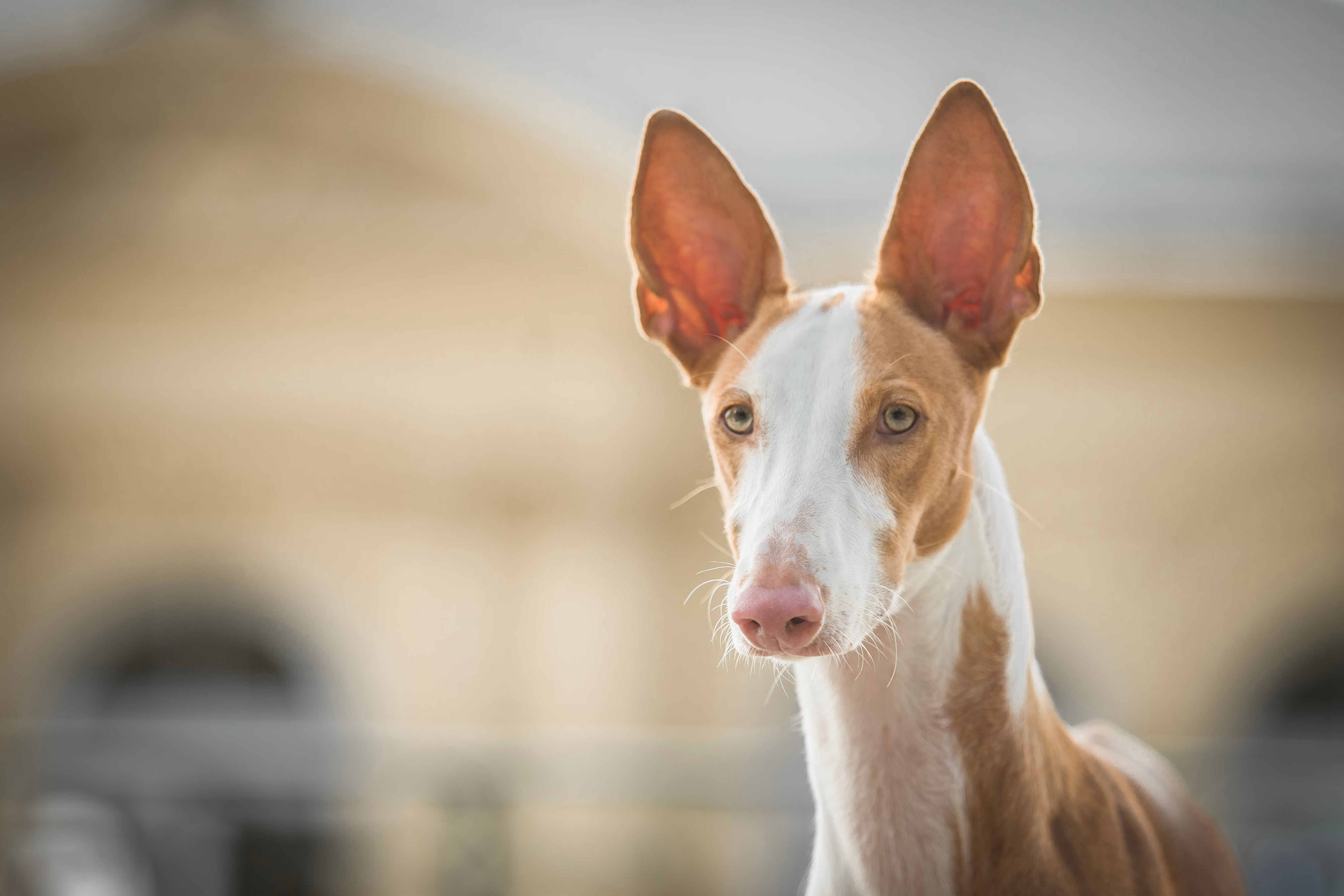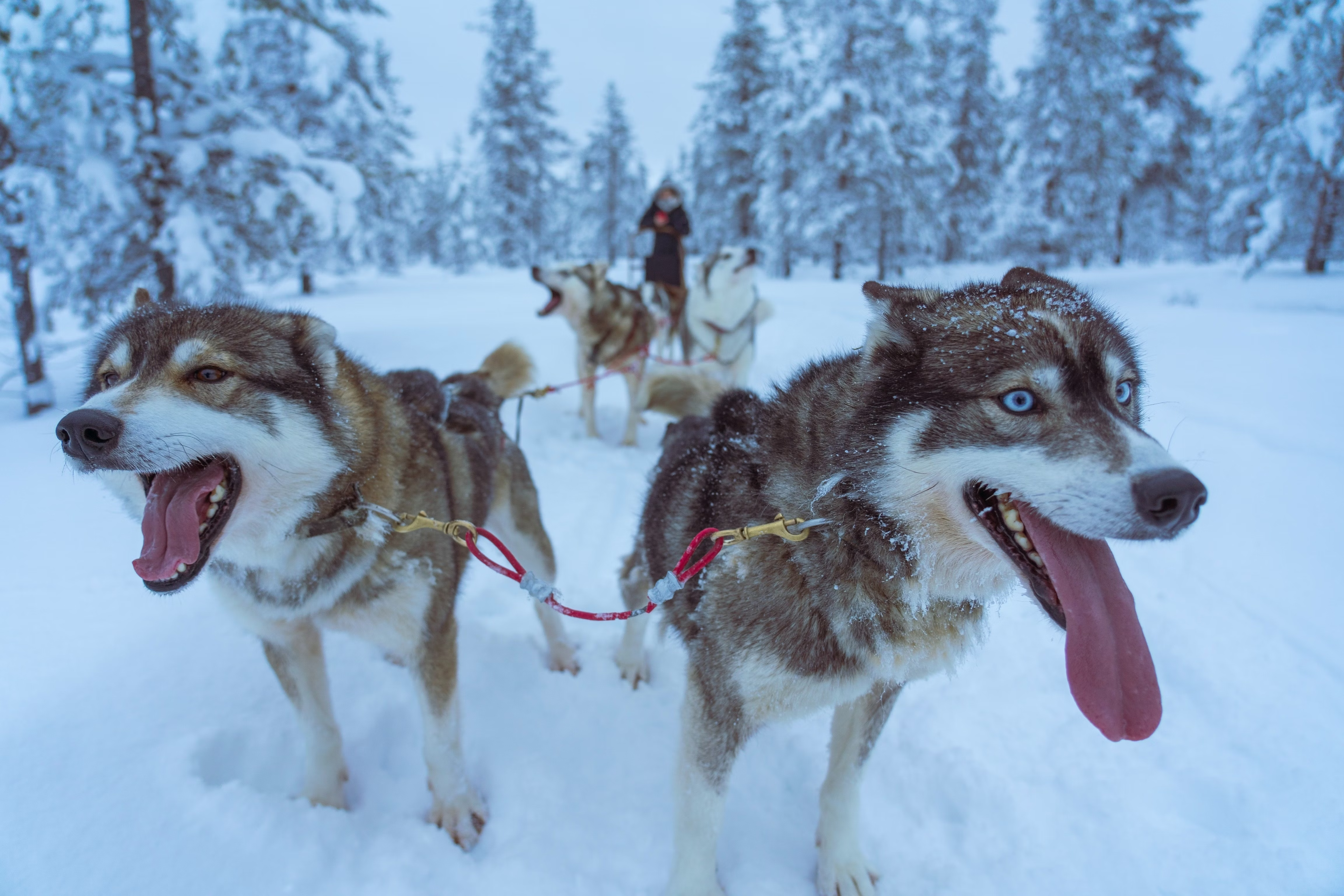The dog breeds included in the herding group are some of the most recognizable breeds in the world. Pembroke Welsh Corgis have appeared alongside the Queen of England for decades. Lassie’s stint as a beloved character in TV shows, books, and movies made her the most famous Collie around. And Border Collies became the face of sheep herding after starring in Babe, a film about a little pig who wanted nothing more than to learn to herd like his canine friends.
While each of these breeds is memorable in its own way, they—and other herding breeds—have a lot in common. Remember, many dogs were bred to perform specific jobs, such as hunting, guarding property, or pulling sleds. Thanks to selective breeding, the breeds in the herding group share qualities that enable them to excel at their designated task: managing the movement of livestock such as cattle and sheep.
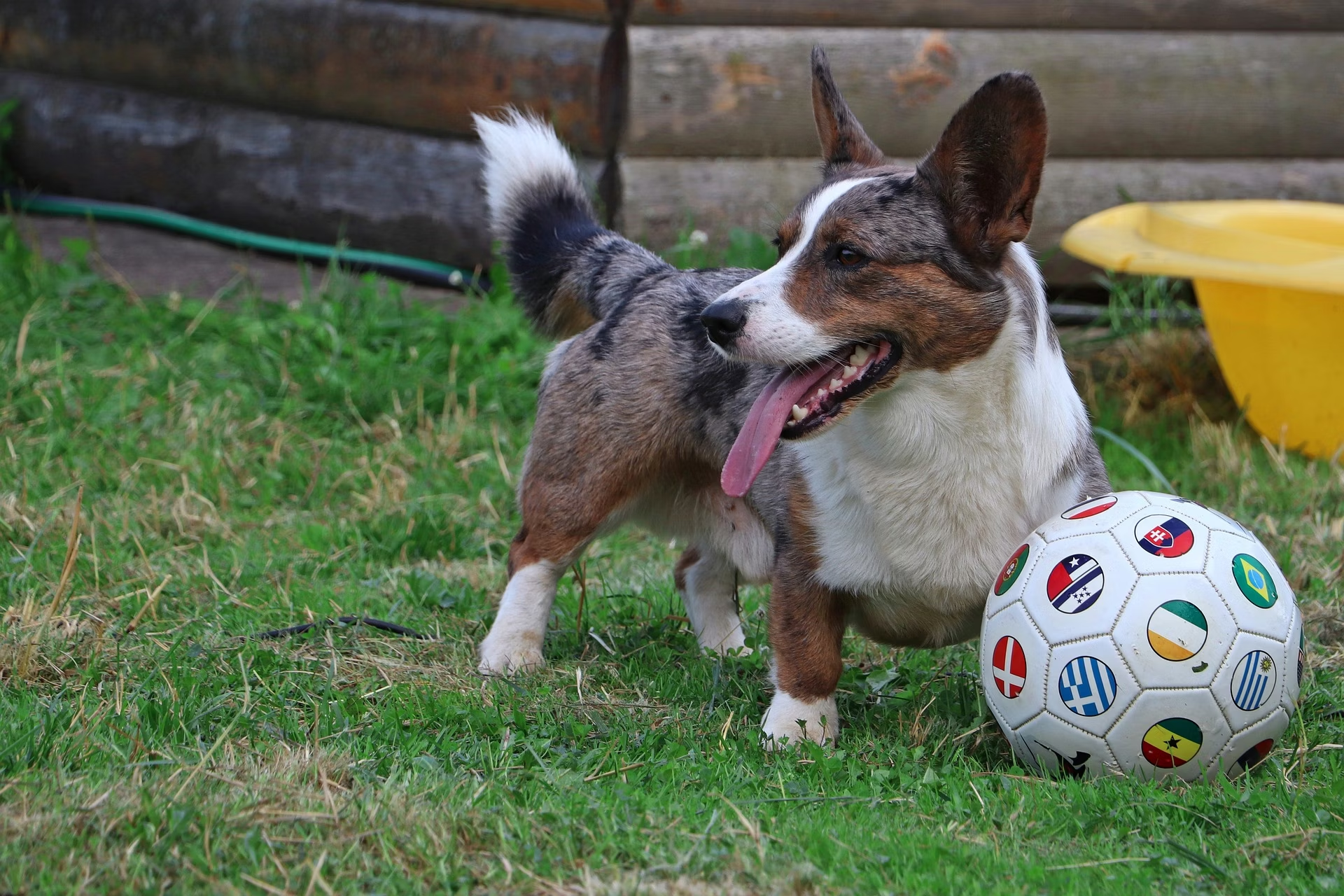
Herding dog behaviors and personality traits
The herding methods these breeds use typically involve intensely stalking and staring at the livestock. Herding dogs may also bark and nip at the heels of the animals if a little more persuasion is needed to get them from point A to point B. And because these behaviors are instinctual, you may see a herding dog exhibit them while playing games such as fetch or frisbee (or while you’re doing household chores like vacuuming).
Herding breeds are used to working closely with their humans. They’re also naturally athletic, intelligent, and focused—qualities they need to perform their jobs properly. Herding breeds are also often highly active and do best when they have a job to perform. If left alone without sufficient exercise and mental stimulation, they can get bored. And bored dogs can be destructive. Similarly, if not given a natural outlet for their herding instincts—such as agility, herding competitions, competitive obedience, or disc dog events—they may resort to herding smaller family members, including cats or children.
Is a herding breed right for you?
The personality traits and intensity required for a dog to be a skilled livestock herder can be challenging for new pet parents unfamiliar with herding breeds. At the same time, all of the attributes that make herding breeds good at their jobs also make them highly trainable companions that generally love to work and please their humans. Just be sure to do thorough research on the physical and mental needs of herding breeds to make sure they are a good fit for your lifestyle before adding one to your pack.
